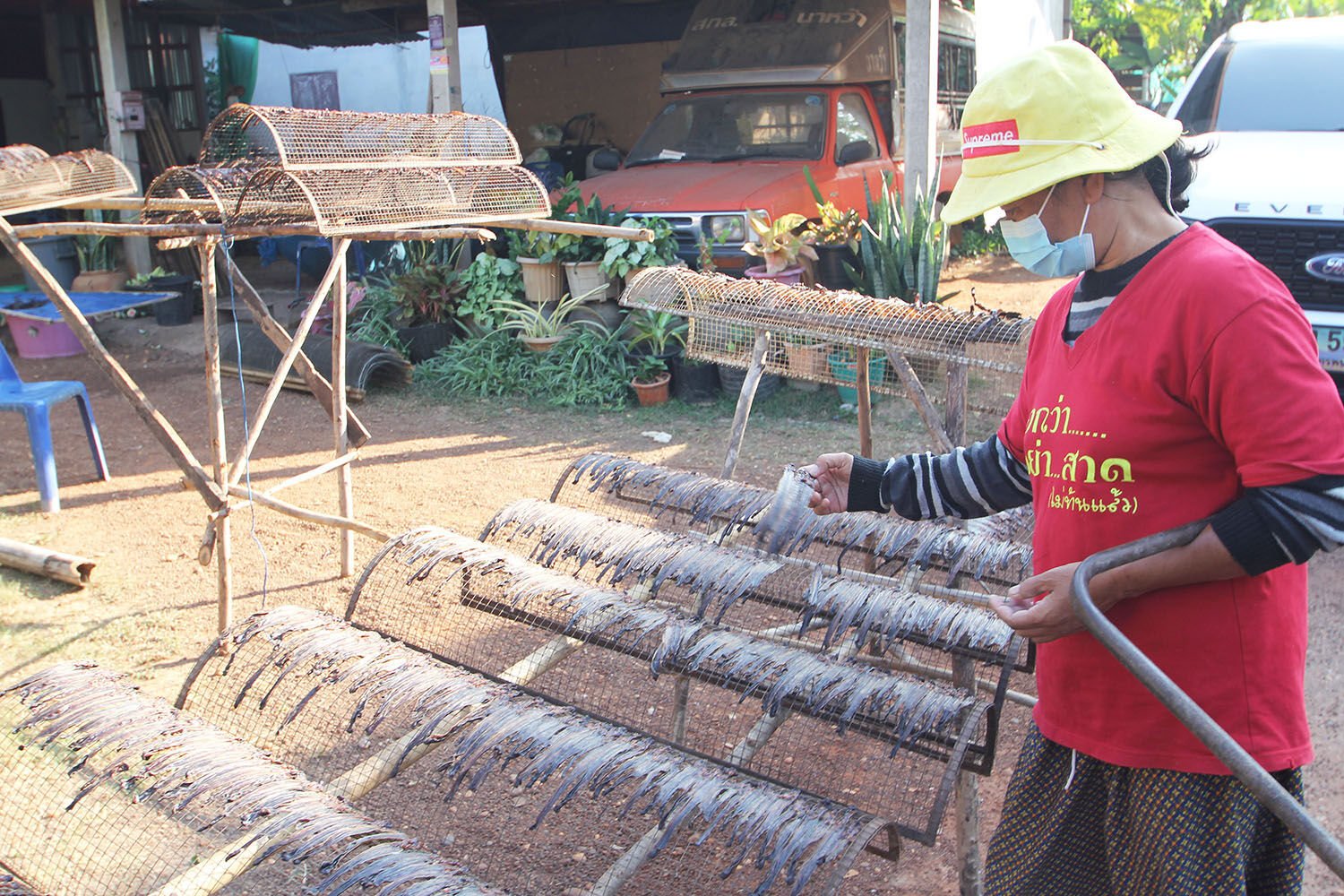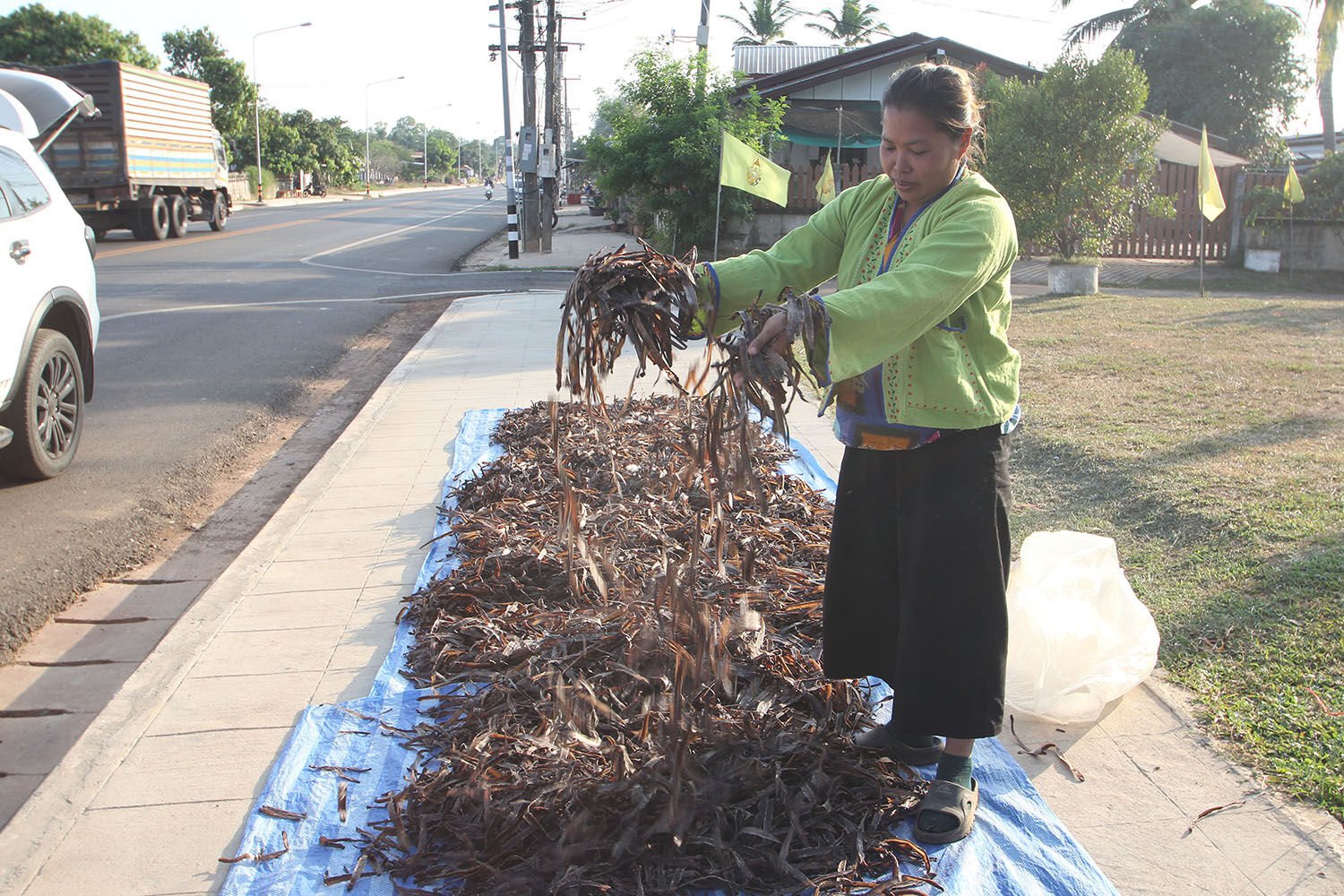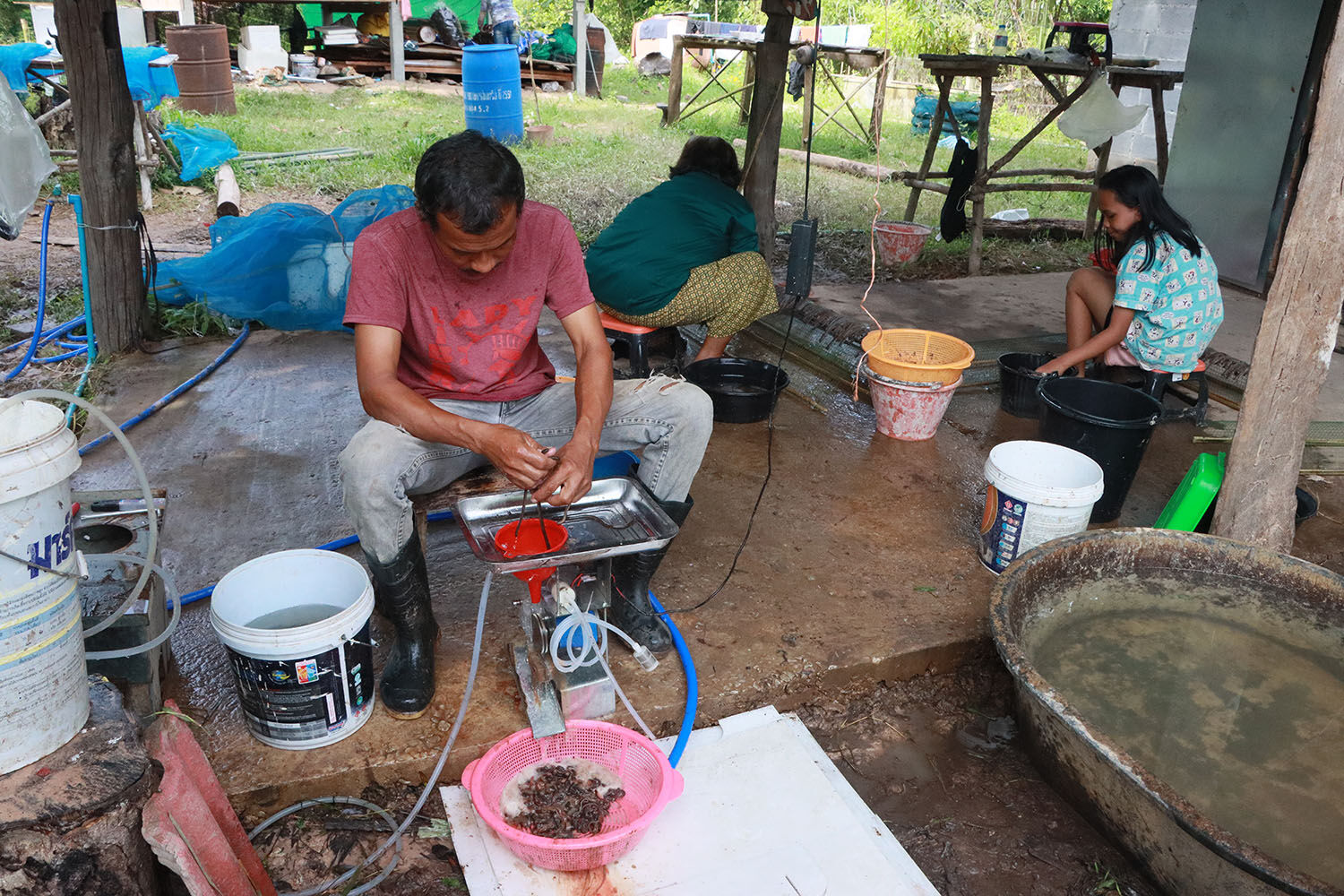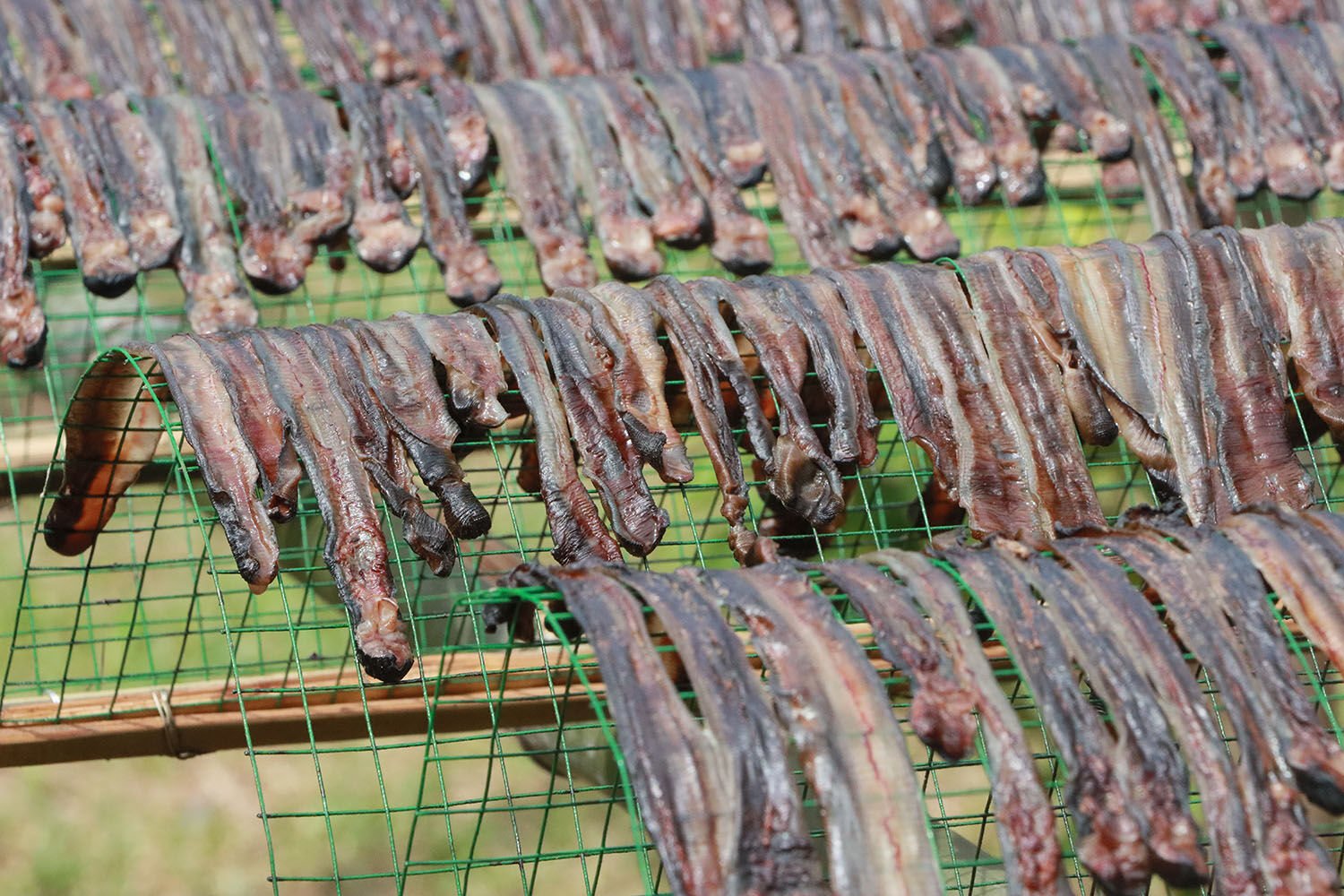Worming success: Thailand village cashes in on earthworm empire

In a wild twist on traditional farming, a quirky village in Nakhon Phanom, Thailand, is turning the world of unusual professions on its head by raking in a staggering 50 million baht annually from a rather slimy source: earthworms! Yes, you read that right. The ingenious residents of Ban Tan, nestled in the Na Wa District, have been cashing in on these wriggly wonders for over 30 years.
Once the rainy season bids farewell, the earthworm bonanza begins. Taking advantage of the cool weather, villagers venture out in the early morning fog or under the cover of night to scoop up these slippery critters.
The earthworms make their grand exit from the saturated soil, especially in moist areas near water sources. Depending on their luck, the locals haul in red or the more lucrative black earthworms, the latter being the bigger catch.
A skilled villager can capture between 10 and 20 kilogrammes of worms daily during this bountiful period. Freshly harvested earthworms fetch 30 to 40 baht per kilogramme, depending on size and buyer whims. Some enterprising folks choose to dry and process their bounty, raking in a cool 500 to 600 baht per kilo for their efforts.
This wriggly trade sees over 100 tonnes of earthworms shipped to China yearly. In the Middle Kingdom, legend has it these critters are key ingredients in energy-boosting concoctions. Back home, the local worm hunters earn up to 1,000 baht a day, with monthly paychecks swinging between 10,000 and 20,000 baht, reported Sanook.
The process isn’t for the faint-hearted. It starts with a good old wash, followed by splitting the worms to expel soil, a task once handled with a sharp tool but now expedited by machines that might deal with just one worm at a time but speed things up considerably.

The prepped worms then get another rinse and a soak in herbal bark or alum solutions to banish the slime before hitting the drying racks. Villagers choose between sun drying or the speedy smoke cabinet method.
Once dried to perfection, the earthworms are weighed and handed over to middlemen eager to export them to China for that enticing 500 to 600 baht per kilo. This squelchy pastime not only keeps local families afloat but also draws in curious buyers from far and wide as earthworm stocks dwindle in other areas.
When they’re not up to their elbows in earthworms, the inventive villagers cycle through other creepy-crawly trades. Summer’s heat brings geckos into the spotlight, while the monsoons see a pivot to leech harvesting. This year-round hustle and bustle pumps between 100 and 200 million baht into the local economy, making job hunting elsewhere a thing of the past.
Ban Tan’s quirky yet cash-rich trades are a testament to its adaptability and resourcefulness, proving that where there’s a worm, there’s a way.


Frequently Asked Questions
Here are some common questions asked about this news.
Why do Ban Tan villagers focus on earthworm collection during cooler months?
Cooler months provide ideal conditions for earthworm migration, making them easier to collect for processing and export.
How has modern technology changed the earthworm processing method in Ban Tan?
Modern machinery speeds up processing by efficiently cleaning and preparing worms, enhancing productivity despite handling one worm at a time.
What if the global demand for energy-boosting products decreases?
A decrease could impact the village’s economy, prompting a shift to other professions or markets to sustain income levels.
How do Ban Tan’s seasonal professions contribute to its economic stability?
By diversifying income sources throughout the year, Ban Tan maintains economic resilience and reduces reliance on external employment.
What drives the continued success of Ban Tan’s unusual professions?
Adaptability and innovative use of natural resources enable Ban Tan to thrive in niche markets and sustain local livelihoods.
Latest Thailand News
Follow The Thaiger on Google News:


























